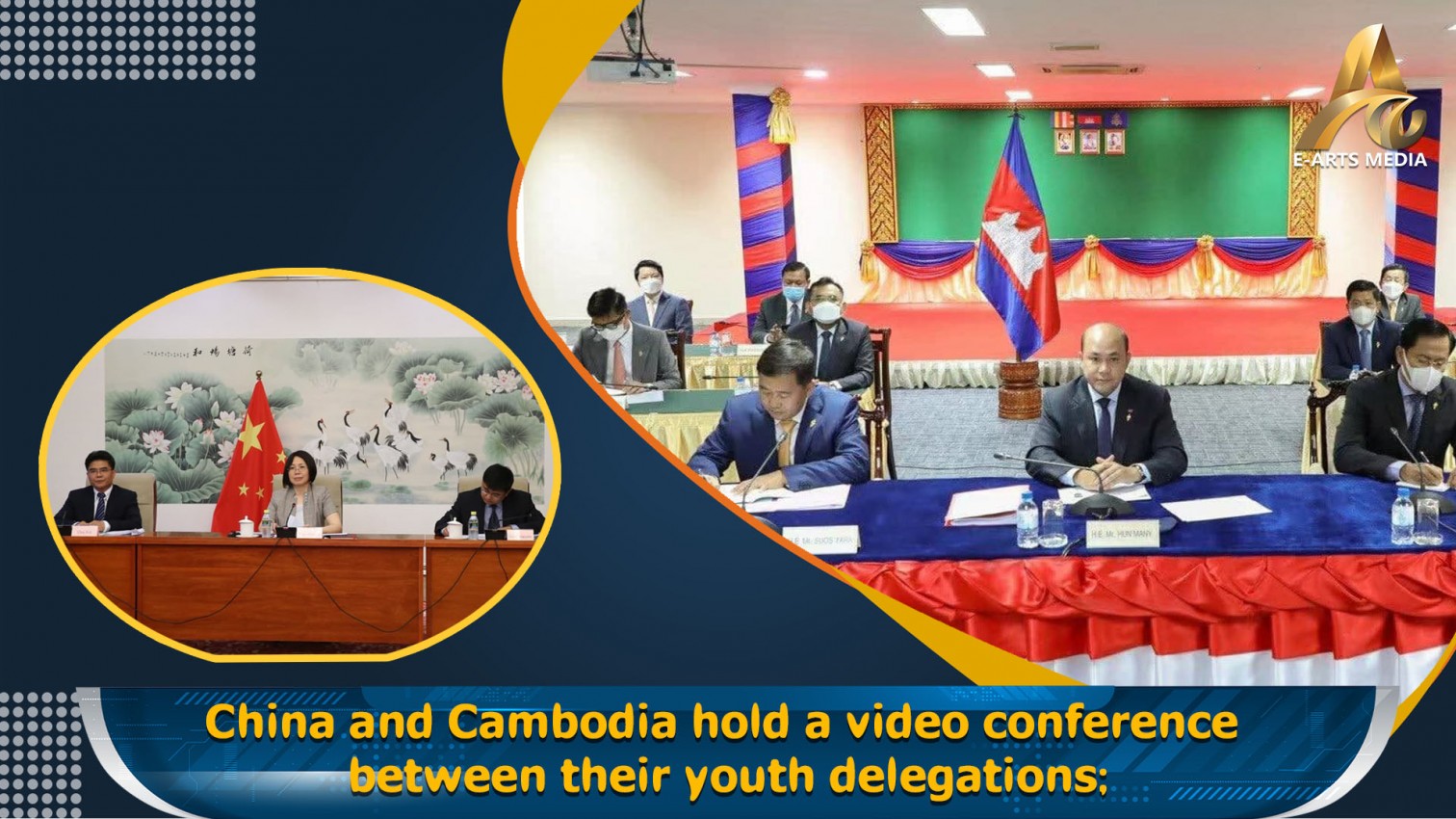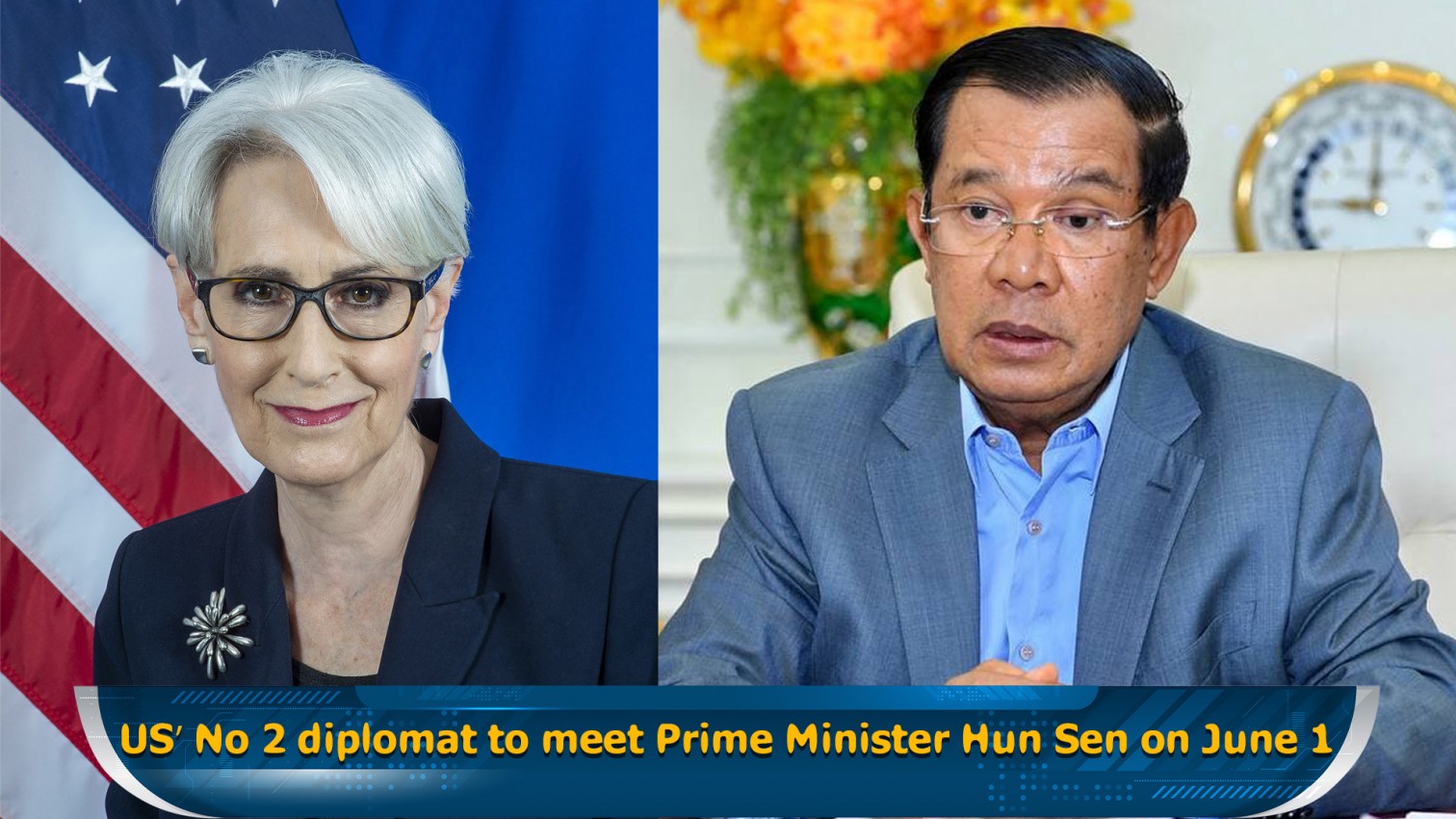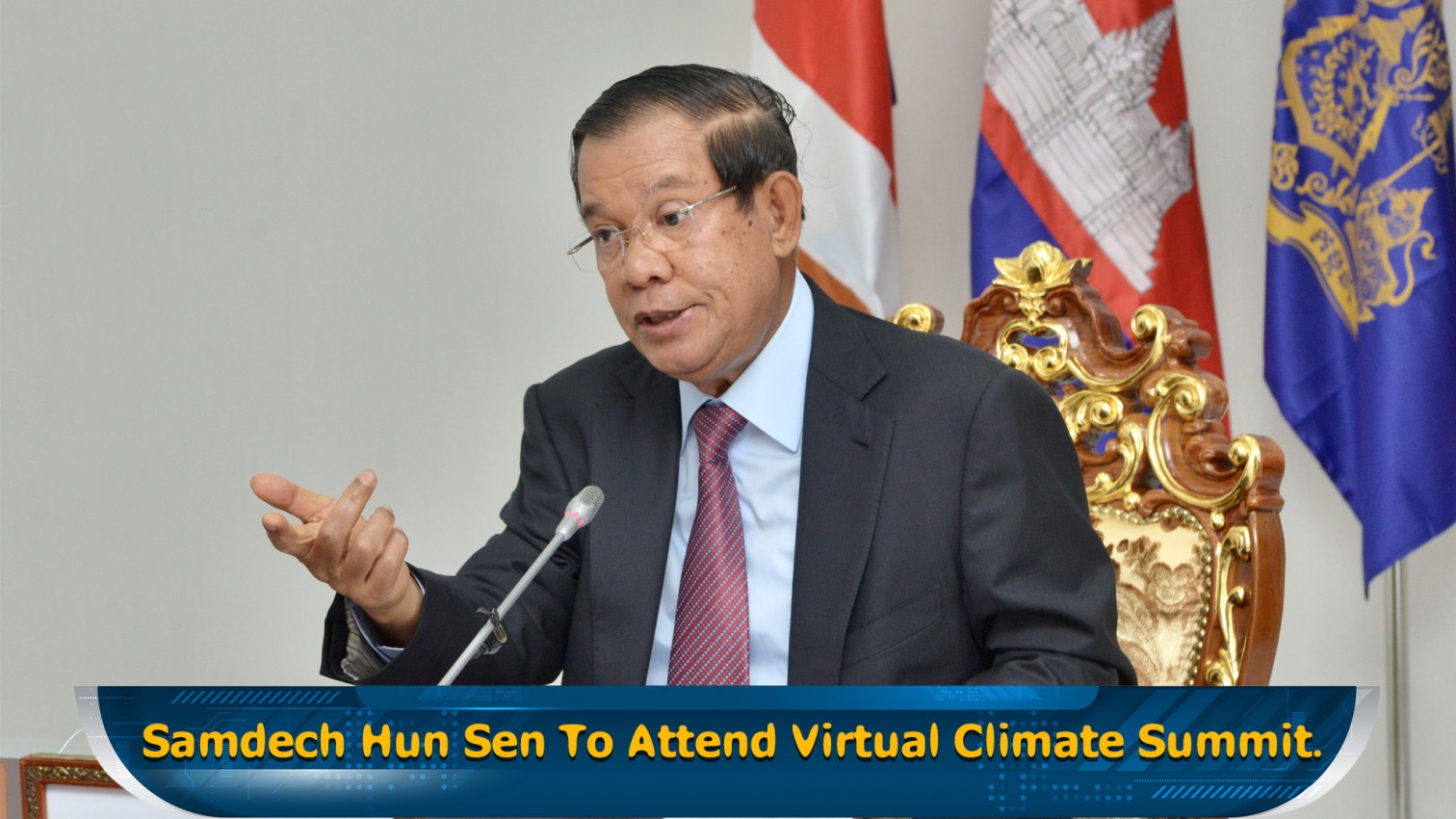Phnom Penh, Cambodia – The National Assembly of the Kingdom of Cambodia has expressed profound disappointment regarding the recent sanctions imposed by the U.S. Treasury Department on Ly Yong Phat, a prominent Cambodian businessman. The sanctions were officially announced on September 12, 2024, citing allegations of forced labor and cybercrime.
In a statement released earlier today, the National Assembly labeled the sanctions as "unjust" and accused the U.S. government of relying on “inaccurate, one-sided, and unjust reports.” The Assembly criticized the measures as politically motivated, stating that they undermine not only efforts to improve bilateral relations with the United States but also Cambodia’s progress on addressing global challenges. The statement further contended that the sanctions have negative repercussions on Cambodia’s economy and its ongoing poverty reduction initiatives.
"Ly Yong Phat has played a significant role in economic development in Cambodia,” an official statement read. “He has helped create employment opportunities in both rural and urban areas, contributing to the overall improvement of living standards.”
The National Assembly also highlighted that the actions taken by the U.S. Treasury contradict commitments made during a meeting in June between U.S. Secretary of Defense Lloyd J. Austin III and Cambodian Senate President Hun Sen. According to the Assembly, this meeting was focused on enhancing U.S.-Cambodian cooperation.
In response to the allegations surrounding forced labor and cybercrime, Cambodian officials emphasized their country’s dedication to international human rights standards. The Assembly indicated that Cambodia has been actively working with various international partners to tackle issues such as human trafficking and forced labor, asserting that they have taken significant legislative measures to protect human dignity and uphold the rule of law.
“Cambodia is committed to working closely with its international partners, including the United States, to address global challenges,” the statement concluded. “We believe in the importance of dialogue, mutual respect, and solidarity in all our partnerships.”























